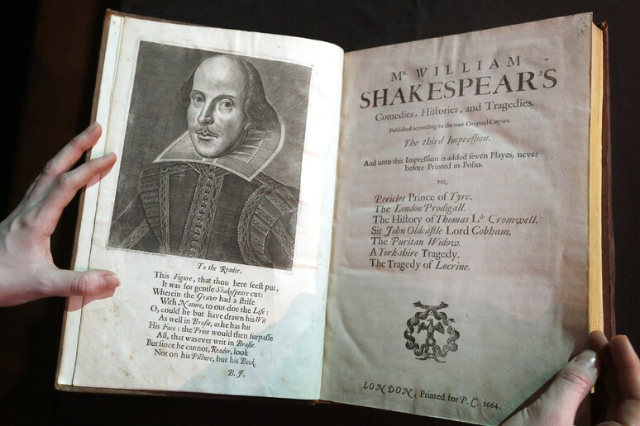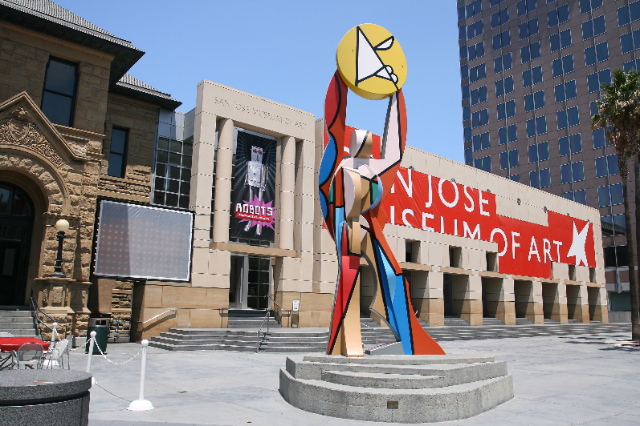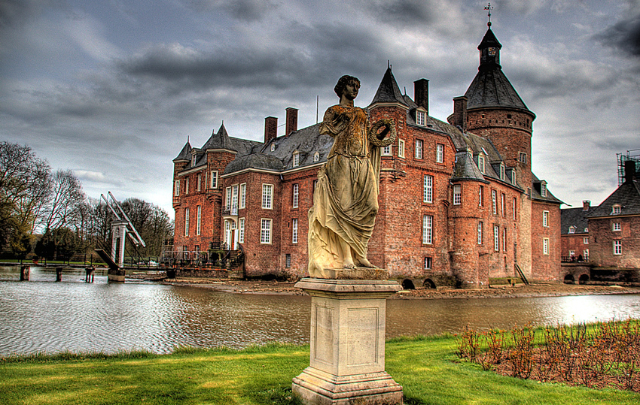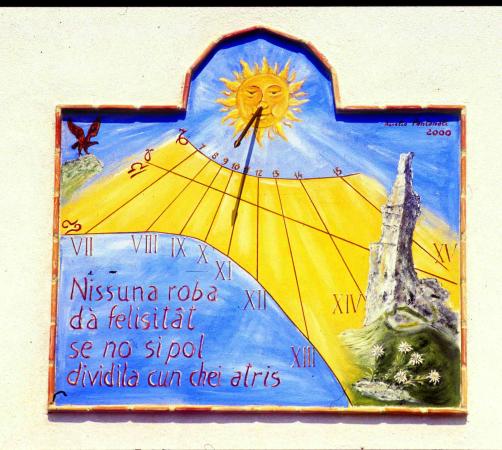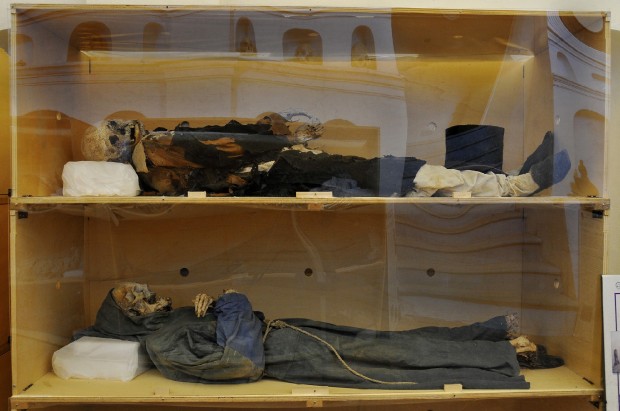<p>The enigmatic tale intertwining <strong>William Shakespeare</strong> with Italian heritage deepens, merging historical curiosity with scholarly debate. At the heart of this mystery is the proposition that Shakespeare might not have been the quintessential English playwright but rather an Italian scholar named John Florio, born <strong>Michele Agnolo (or Michelangelo) Florio</strong>, known on his mother’s side as Crollalanza. This theory suggests a rich narrative that challenges the traditional understanding of Shakespeare’s identity, weaving a complex story of migration, cultural exchange, and literary genius.</p>
<p>Michelangelo Florio, born around 1564 into a Calvinist family, spent his life evading religious persecution across Italy—from Palermo and the Aeolian Islands to Messina, Venice, and Verona—before ultimately finding refuge in Stratford and London.</p>
<p>His profound familiarity with Italian language, culture, and theatrical scenes, coupled with his own literary creations set in locales he intimately knew, raises questions about the true authorship behind the name William Shakespeare. Intriguingly, some of Florio’s works, notably "troppu trafficu pì nnenti," penned in the Messinese dialect, bear striking resemblance to Shakespeare’s "Much Ado About Nothing," hinting at a possible original version predating Shakespeare’s plays.</p>
<p>The speculation that Shakespeare might indeed be Florio is bolstered by the playwright’s detailed depictions of Italian cities and customs, knowledge seemingly beyond the reach of an English actor from Stratford. This argument gains further support from the breadth of Shakespeare’s vocabulary, which encompasses over 21,000 words—a richness that critics argue could only be justified if Shakespeare were an Italian immigrant.</p>
<p>Adding to the mystery are the Florio family’s ties to the English aristocracy, particularly the <strong>Pembroke family</strong>, who were believed to have access to Michelangelo Florio’s manuscripts. Efforts to gain access to these documents, which could potentially clarify Shakespeare’s true origins, have been consistently denied, underscoring the Shakespeare brand’s immense cultural and economic value to England. Notably, appeals to high-profile figures such as former Prime Minister <strong>Tony Blair</strong> and <strong>Queen Elizabeth II</strong> have been unsuccessful, further entrenching the narrative of Shakespeare as an untouchable English icon.</p>
<p>This tale is complicated by the absence of concrete biographical details for Shakespeare, particularly the "missing years" in his documented life story. The lack of school records bearing Shakespeare’s name and his sudden emergence on the London theatrical scene, commanding attention as a playwright and actor, fuel speculation about his true identity. The narrative suggests that William Shakespeare might have been a pseudonym for Michelangelo Florio, a noble Sicilian fleeing persecution, who found a new life and legacy in England.</p>
<p>As the debate continues, the story of William Shakespeare—or Michelangelo Florio—remains a captivating mystery at the intersection of history, literature, and cultural identity. The complex tapestry of evidence and conjecture not only underscores the enduring fascination with Shakespeare’s identity but also celebrates the transcultural connections that define European literary heritage.</p>
<p>This ongoing inquiry into Shakespeare’s origins invites us to reconsider the roots of his literary genius, potentially rooted deep in the culture and history of Italy, yet flourishing on the stages of England.</p>
